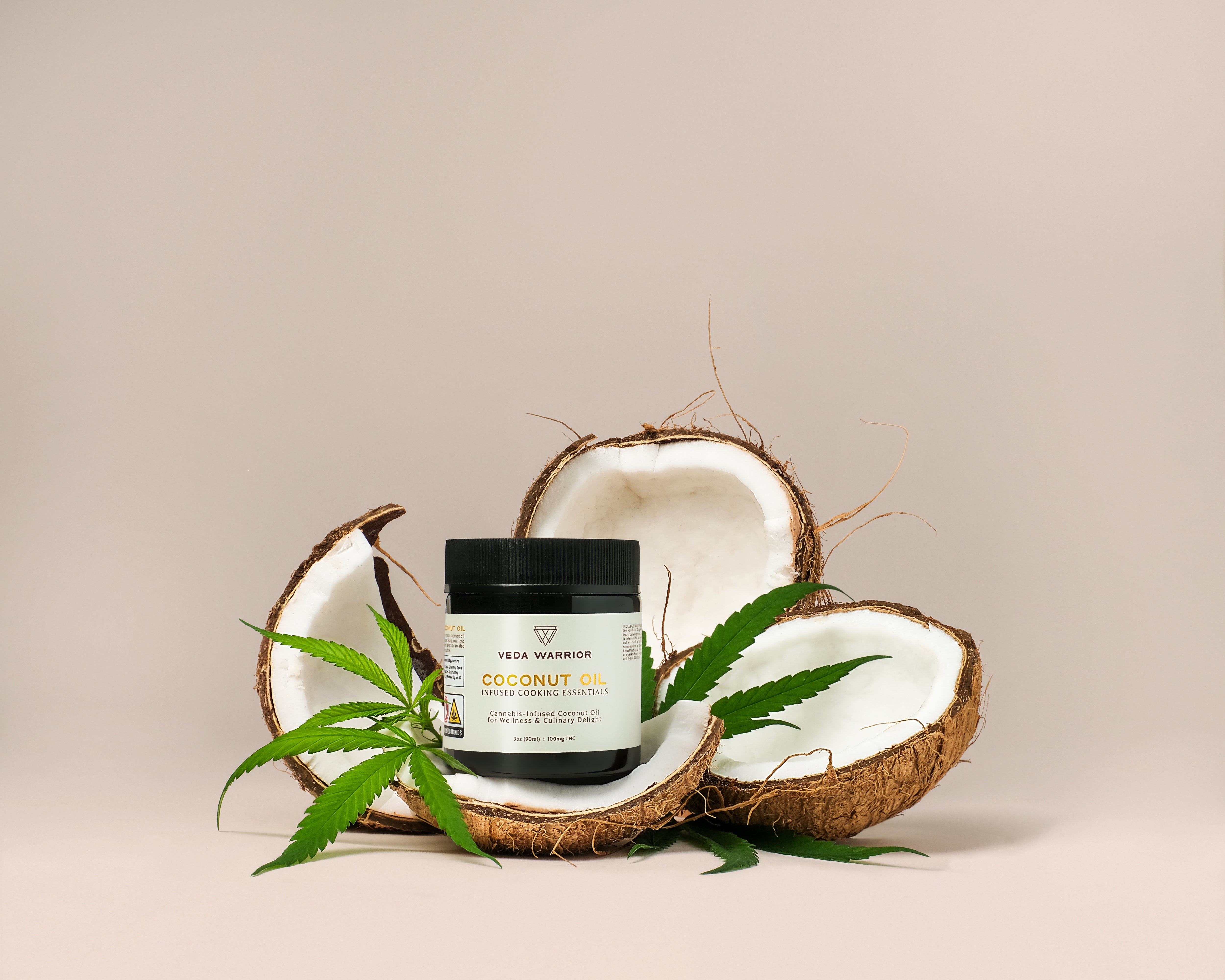Mental health is still one of the most misunderstood topics in modern society. Despite increased awareness, millions continue to feel ashamed, isolated, or defined by their struggles. It is common to hear someone say, “I am depressed” or “I am anxious,” as if their entire identity has become their illness.
But mental illness is not who a person is—it is something they are experiencing. Author Jonathan Harnisch expressed this powerfully: “I have schizophrenia. I am not schizophrenia. I am not my mental illness. My illness is a part of me.”
Ayurveda, the ancient science of life and healing from India, shares this perspective. In Ayurvedic thought, a clear distinction is made between roga—the illness—and rogi—the person who is experiencing it. The illness may cloud a person’s reality, but it does not define their essence. At its heart, Ayurveda sees every human being as whole, capable of balance, resilience, and deep healing.
Health as Balance: Body, Mind, and Spirit
Unlike modern medicine, which often defines health as the absence of disease, Ayurveda views health as a state of dynamic balance across the entire being. True wellness is achieved when digestion and metabolism are steady, tissues are functioning properly, senses are clear, the mind is calm, and the soul is content.
One traditional phrase beautifully captures this: prasanna atma indriya manah—a cheerful soul, balanced senses, and a peaceful mind. Health is not just physical fitness, but a radiant harmony of body, mind, and spirit.
This is the mission of Veda Warrior: to help people activate their inner warrior, daring mighty things and radiating radical health, through a lifestyle that honors ancient wisdom and modern science.
The Three Masters of Healing
According to Ayurvedic scholar Chakrapani, three ancient masters symbolize healing in different domains:
-
Charaka: healing of the body through medicine and lifestyle.
-
Panini: healing through language, communication, and clarity of thought.
-
Patanjali: healing of the mind through Yoga.
Patanjali, known as the father of Yoga, defined yoga as the calming of the fluctuations of the mind. His eightfold path—Ashtanga Yoga—offers a roadmap for cultivating mental clarity and emotional strength.
The Eightfold Path of Yoga for Mental Health
The eight limbs of Yoga include ethics, personal discipline, physical postures, breath control, inner awareness, concentration, meditation, and ultimately bliss. The first two steps, Yama (ethical living) and Niyama (self-discipline), are foundational for mental well-being. They encourage values like nonviolence, honesty, moderation, cleanliness, contentment, and self-awareness.
Far from being abstract ideals, these principles act as daily tools for stabilizing emotions and building resilience. Ancient texts even recommend practices like chanting, prayer, and ritual as forms of psychological reset—methods to replace harmful thought patterns with constructive ones.
Breathing practices, or pranayama, are particularly effective. By focusing on the breath, we slow racing thoughts and calm the nervous system. In Ayurveda, the breath is a bridge between body and mind, making it one of the simplest and most accessible therapies for anxiety and stress.
Living Wholesomely: The Concept of Hitaayu
Ayurveda also emphasizes hitaayu, or living a wholesome and meaningful life. This involves making thoughtful choices, practicing compassion, respecting others, and seeking purpose. It is not about perfection, but about striving for harmony—between our inner emotions and our outer actions.
When we live wholesomely, we reduce the dominance of two mental forces—rajas (restlessness) and tamas (inertia). When these qualities take over, the mind becomes clouded, leading to pragya aparadha, or errors in judgment. Today, we might call this losing touch with our “inner wisdom.”
By regaining balance, we restore clarity of thought and strengthen emotional stability.
Thought, Emotion, and Behavior: An Ayurvedic Lens
Ayurveda recognizes that mental health is not only about moods—it includes memory, intellect, behavior, and desires. A healthy mind is one where thought, reflection, imagination, and intention flow together without being hijacked by reactive emotions.
This view aligns surprisingly well with modern neuroscience, which identifies the cerebral cortex (reasoning) and limbic system (emotion) as central to mental well-being. Ayurveda anticipated this interconnectedness thousands of years ago.
The Practice of Mind Management
One of Ayurveda’s most important therapies for mental health is satvavajaya chikitsa, or the practice of mind management. The goal is to reduce unhealthy desires, strengthen willpower, and cultivate a healthy mental outlook.
Three tools are emphasized:
-
Intellect: training the mind to think clearly.
-
Emotional courage: cultivating patience and resilience.
-
Self-awareness: remembering who we truly are beyond illness.
In many ways, this approach resembles modern cognitive behavioral therapy (CBT), where negative patterns are replaced with constructive ones.
Ethical Living and Daily Habits
Ayurveda also teaches sadvritta, or ethical living, which encompasses daily habits, speech, relationships, and community behavior. It emphasizes kindness, humility, compassion, and self-control.
This concept is not about rigid morality but about creating harmony—within ourselves, with others, and with the natural world. When we live in alignment with these values, we not only enjoy peace of mind but also cultivate happiness and respect in our communities.
The Five Layers of the Self
The Upanishads describe human experience through the concept of panchakosha, or five layers of being:
-
Physical body
-
Energy body
-
Emotional mind
-
Intellectual self
-
Blissful self
Most people identify only with the physical body. But Ayurveda teaches that healing deepens when we engage with all five layers, ultimately reaching the blissful self—a state of calm and connectedness that does not depend on external circumstances.
Knowledge as Transformation
Self-inquiry, or gyana yoga, plays a key role here. Listening to truth, reflecting deeply, and applying wisdom in daily life leads to lasting transformation. Knowledge in Ayurveda is not simply information—it is integration.
Charaka, one of Ayurveda’s great teachers, emphasized that true learning improves both memory and emotional clarity. Over time, wisdom matures into peace.
Food as Medicine for the Mind
Ayurveda places special emphasis on food as medicine—not just for the body, but also for the mind. What we eat affects how we think, feel, and respond to life.
Fresh, wholesome, and balanced meals help stabilize emotions, while overly processed or heavy foods can dull the mind. Herbs like turmeric, ashwagandha, bacopa, and tulsi have long been used to support resilience and calm.
At Veda Warrior, we carry this principle forward. Our cannabis-infused cooking oils are designed to help you transform everyday meals into opportunities for healing. From morning lattes to evening dinners, food becomes a daily path toward balance and mental clarity.
Activating the Inner Warrior
Mental health is not just about treating a diagnosis—it is about living with awareness, purpose, and courage. Ayurveda teaches that each of us has an inner warrior: a part of ourselves that can rise above restlessness, inertia, and fear.
Veda Warrior’s mission is to help you activate that warrior through the integration of Ayurveda, mindful living, and modern tools. By daring mighty things and radiating radical health, we can move beyond survival and embrace thriving.
Ayurveda in the Real World
Ayurveda reminds us that we are not defined by illness. We are whole beings capable of balance, wisdom, and joy. Mental health, in this tradition, is not a destination but a journey—a practice of returning again and again to clarity, courage, and compassion.
In a world of quick fixes and constant noise, Ayurveda offers a profound message: slow down, breathe deeply, eat with awareness, live ethically, and cultivate self-knowledge. From this foundation, peace arises not from outside, but from within.
Questions? Contact us at info@vedawarrior.com.
















